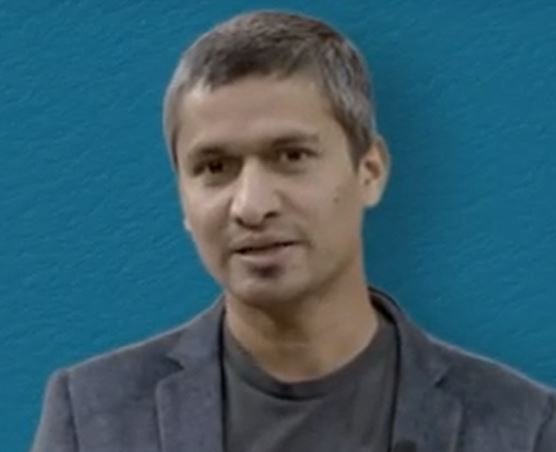Welcome to:
How to prevent e-waste?
A citizen’s approach to solving the e-waste crisis
e-learning course
Support climate change literacy
We want to continue our crucial journey to equip people with the skills and knowledge needed to make informed decisions, to act and to fight climate crisis.
DonateWhy take this course?
Can you imagine a world without e-waste? What will it look like? How do we achieve it? This course aims to inspire, as much as educate. It dares learners to co-create a better tomorrow through individual and joint action.
More specifically, by the end of the course learners will be able to:
- Discuss what electronic waste is and the diverse impacts it has
- Describe the role individuals, companies, and authorities play in reducing e-waste
- Identify ways for consumers to support circularity, including by influencing industry players and lawmakers
- Highlight individual and community actions to tackle and prevent e-waste.
The course at a glance
-
1. The State of Play
An overview of the magnitude of the e-waste problem and its impact.
-
2. Recycling
This Module discusses challenges, opportunities, and best practices for e-waste recycling.
-
3. Reuse & Repair
Module 3 focuses on approaches to preparing and reusing electronic products so that their lifespan is prolonged
-
4. Reduce
Ideas around achieving a zero e-waste society through social, technological, business, and political innovation.
-
5. Wrap-up
This section hosts the final assessment test and additional resources.
Your Instructor
Dr. Keshav Parajuly
Associate Programme Officer – Sustainable Cycles (SCYCLE) Programme, UNITAR
Get your Certificate
After completing the course you will get a certificate. All you need to do is complete all videos, readings and activities, as well as choose your sustainable e-waste prevention pledge before the certificate becomes automatically available to download.
You can keep track of your progress and download your certificate under the "Certification" tab on the main course page.
This course is a collaboration between UN CC:Learn and the Sustainable Cycles (SCYCLE) Programme at UNITAR. It has been made available with the generous support of the Swedish Government.


